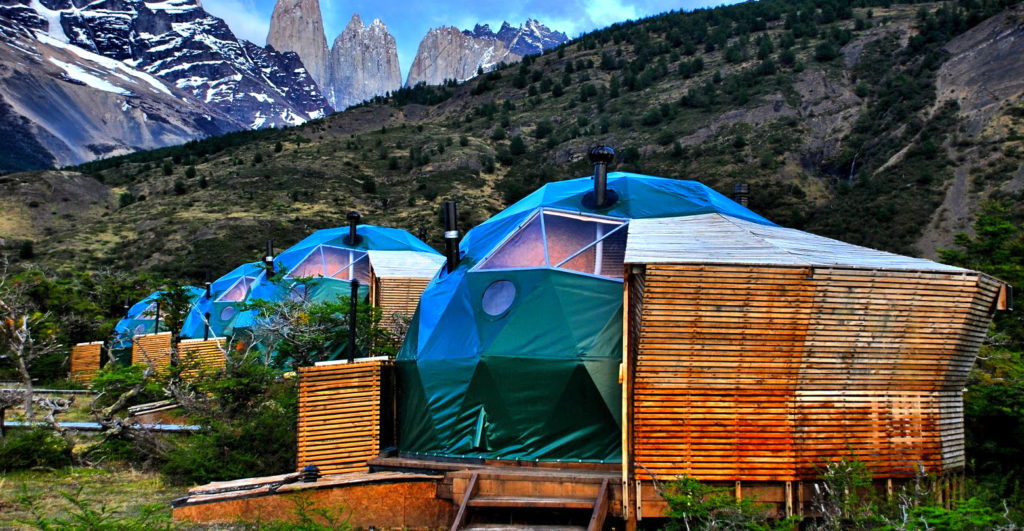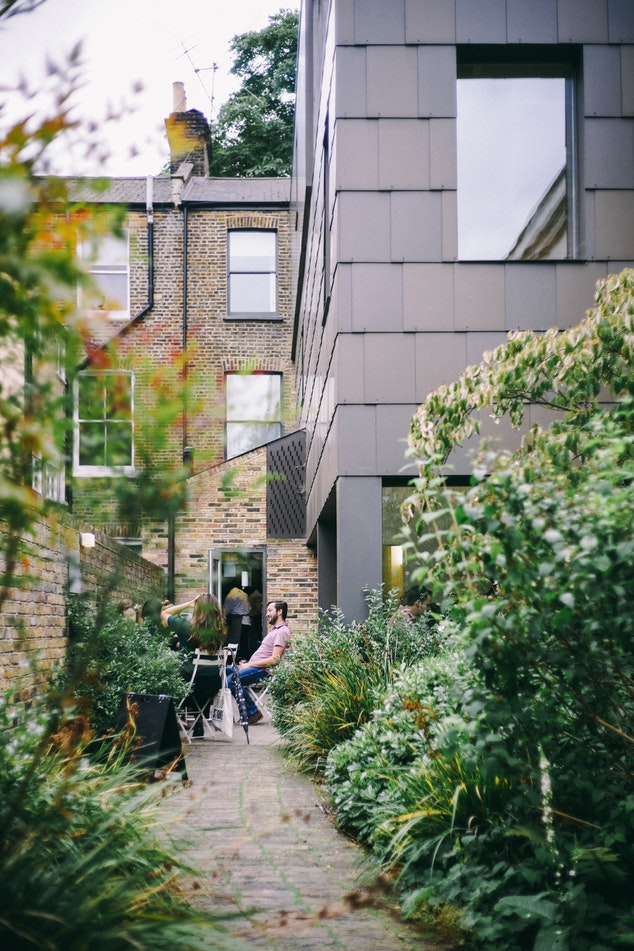Nowadays, as a society, we are much more environmentally aware: over the years, sustainability has become a trend that has become impossible to ignore at work or at home. As a result, many of the UK population are identifying gaps in their lives where they could implement eco-friendly techniques to live more sustainably.
One such way is creating an eco-friendly garden, which can be a responsible and rewarding choice. A sustainable garden goes beyond beautifying your outdoor space; it embraces environmental practices that benefit the planet, conserve resources, and support local ecosystems. Whether you have a substantial backyard in the countryside or a small balcony in the city, you can positively impact your gardening endeavours by implementing green practices.
From conserving water and choosing organic gardening products to enlisting the services of local landscape gardeners and practising natural pest control methods, this blog post will explore how to create an eco-friendly garden and discuss why it’s essential for the planet and our well-being – keep reading to find out more.
Hire Local Landscape Gardeners
While it’s a common dream for many homeowners to have a picture-perfect, organically-reared garden, many of us lack the time or cohesive gardening knowledge to dedicate to our outdoor spaces, meaning our goals can look less and less like a reality. If this sounds similar, why not consider enlisting the services of local landscape gardeners?
So long as you’re willing to spend a little money on your dream of having an eco-friendly garden, outsourcing local landscape gardeners near you is an excellent way to turn your backyard into a thriving, organic oasis since they have the knowledge, tools, and experience needed to improve your outdoor space and reduce its carbon footprint.
As well as taking the hassle of gardening off your hands, hiring local landscape gardeners allows you to reap several benefits, from gaining access to expert advice and reducing the need for professional equipment at home to saving you time/energy/money and being available all year round, plus many more.
Start reaping the benefits today by using online directories like MyBuilder.com to connect you to trustworthy trade professionals. Whether you’d like to enlist the services of local plasterers, roofers, or landscape gardeners, their website has you covered – consider visiting it today for more information and see how you could achieve an eco-friendly garden (with some help!) today.
Conserve Water
Water is a precious resource, and conserving it is essential for a sustainable garden. Fortunately, there are many ways that you can reduce water wastage in your garden by implementing water-saving techniques such as collecting rainwater in barrels or installing a drip irrigation system.
A drip irrigation system directly delivers water to plant roots, minimising evaporation, and waste. Additionally, if you group plants with similar watering requirements, this can avoid overwatering/underwatering, which can minimise water wastage too!
When watering plants, it’s best to do so deeply and infrequently, as this promotes healthier roots, but you can also achieve this by mulching which helps retain moisture in the soil, reducing the need for frequent watering.
Promote Biodiversity
Another way to create an eco-friendly garden is by promoting biodiversity by making the area host various plant and animal species. By choosing a diverse range of native plants, wildlife such as bees, butterflies, and birds will naturally follow as they provide food and shelter for them. You can also entice wildlife into your backyard by adding bird feeders, nesting boxes, or a small pond, as these features will encourage them to stay/keep returning.
For the best results, choose flowering plants with different bloom times so that a continuous supply of nectar and pollen throughout the year. You should also avoid putting fallen leaves, decaying plant material, and other sources of green waste into your compost/recycling bins as they provide food and shelter for insects and help to create healthy soil.
Practice Sustainable Pest Control
While some critters in your garden might be seen as pests, knowing the difference between good/destructive pests is essential to balance and preserve your garden’s natural ecosystem, which is vital. If you notice an outbreak of harmful pests, use natural pest control methods instead of traditional pest control methods.
There are many natural ways to reduce the number of harmful pests in your garden, from encouraging insects like ladybugs, lacewings, or spiders to making homemade insect deterrents to planting plants that repel pests like marigolds or garlic and picking more giant insects off your plants by hand.
It also helps to proactively inspect your plants for signs of pests or diseases such as nibbled leaves, excessive wear/tear etc. and take appropriate action early to prevent infestations. By embracing natural pest control methods, you protect the environment, maintain a healthy garden, and minimise the risk of chemical exposure.



